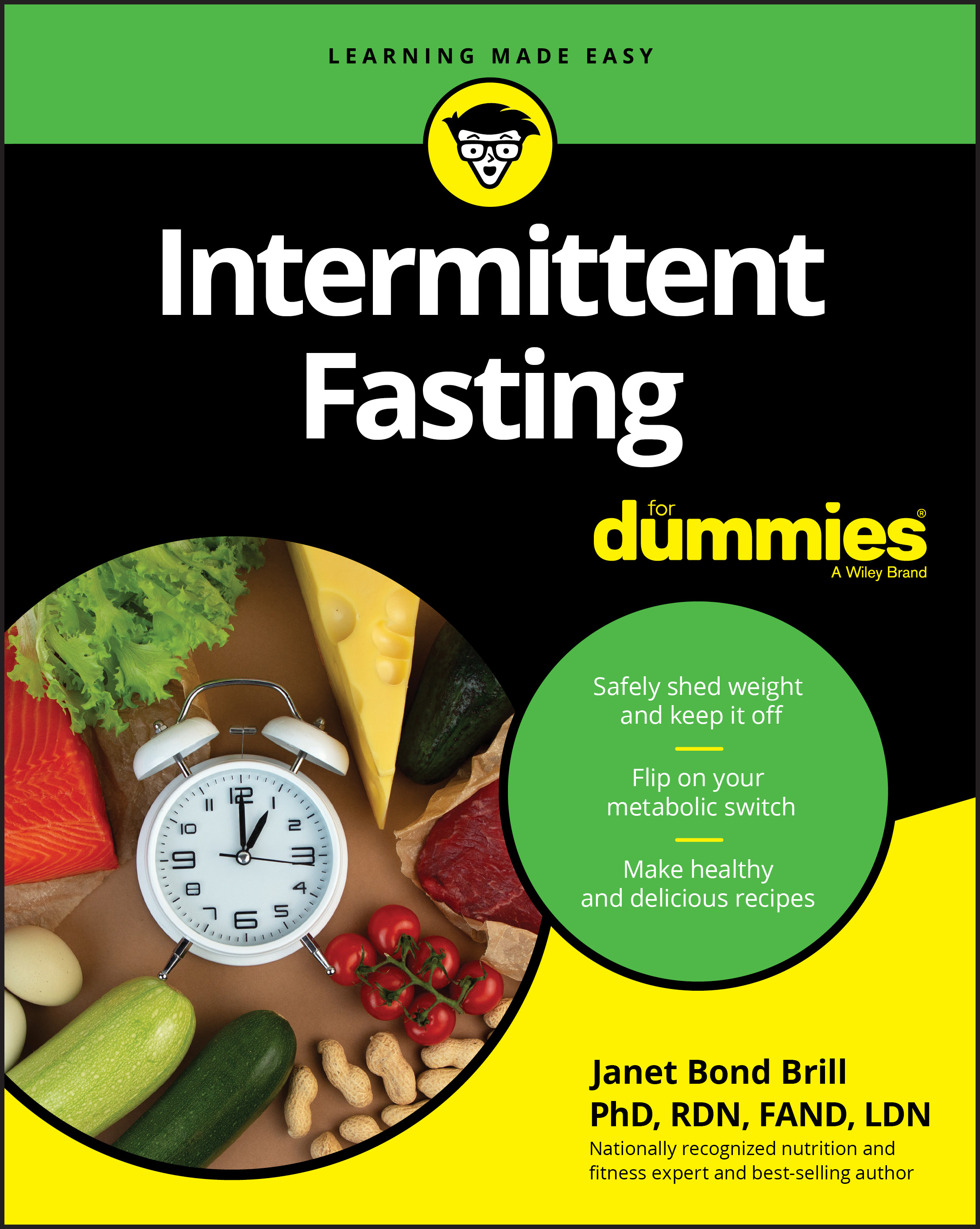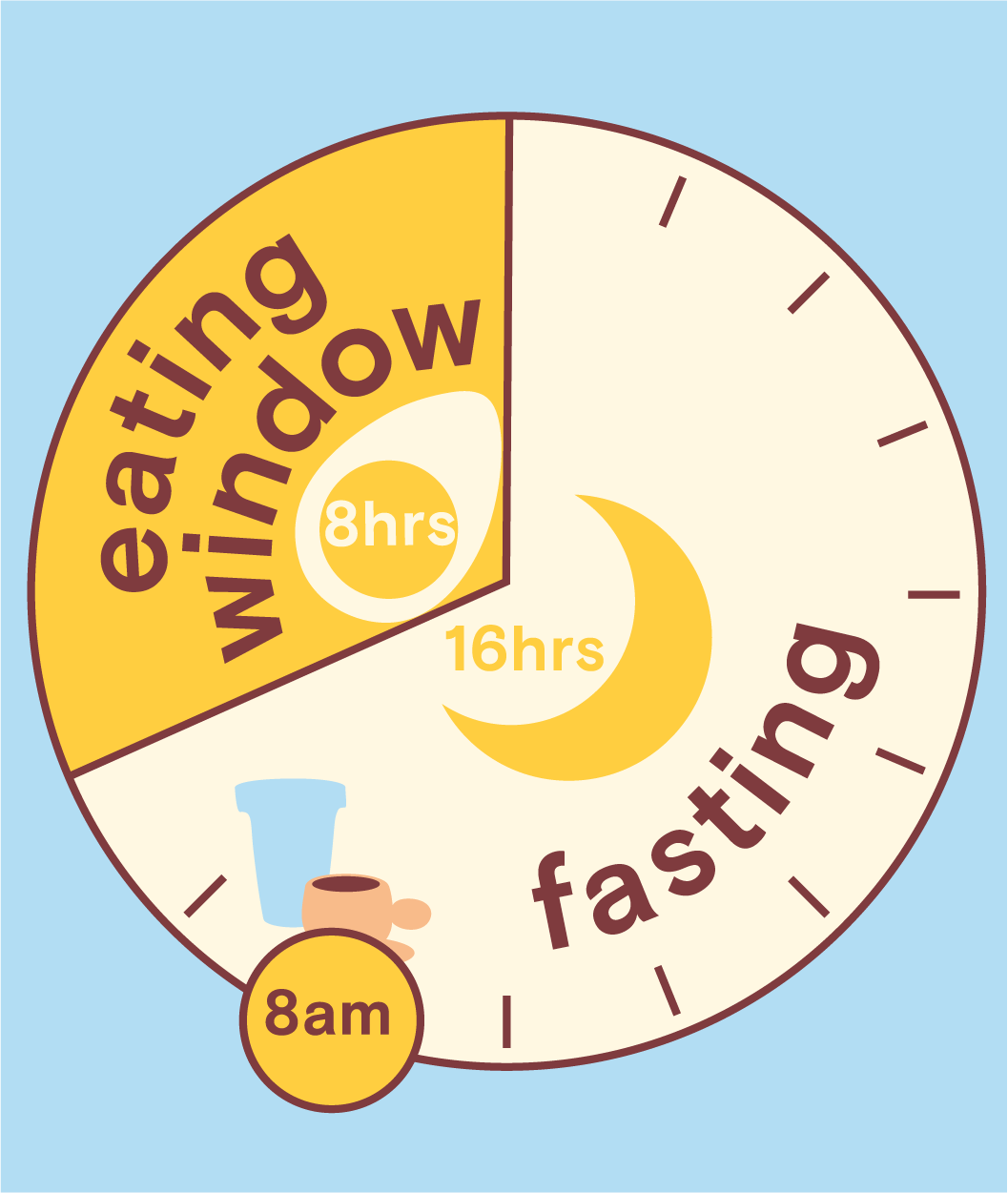The Power of Intermittent Fasting: Unlocking a New Approach to Health and Well-being
In recent years, intermittent fasting has gained significant attention and popularity as a powerful tool for improving health, promoting weight loss, and optimizing overall well-being. From Hollywood celebrities to fitness enthusiasts, many have embraced this eating pattern as a sustainable and effective lifestyle choice. In this blog post, we will delve into the concept of intermittent fasting, explore its benefits, and provide practical tips for incorporating it into your daily routine.
What is Intermittent Fasting?
Intermittent fasting is not a diet in the traditional sense; rather, it is an eating pattern that cycles between periods of fasting and eating. Unlike traditional diets that focus on specific food restrictions, intermittent fasting is concerned with the timing of meals. It does not dictate what you should eat, but rather when you should eat it.
Types of Intermittent Fasting: Several popular intermittent fasting methods exist, each with its unique approach. Here are some of the most common ones:
16/8 Method:
This method involves fasting for 16 hours daily and restricting your eating window to 8 hours. Typically, this includes skipping breakfast and consuming all meals within the 8-hour window, such as between 12 pm and 8 pm.5:2 Diet:
In this approach, you eat normally for five days a week and limit your calorie intake to 500-600 calories on the remaining two non-consecutive days.Alternate-Day Fasting:
This method involves fasting every other day, with alternating days of regular eating and fasting or significantly reducing calorie intake.
Benefits of Intermittent Fasting:
Weight Loss:
Intermittent fasting can facilitate weight loss by reducing calorie intake and boosting metabolism. During fasting periods, the body utilizes stored fat as an energy source, leading to fat burning and weight reduction.Improved Insulin Sensitivity:
Intermittent fasting has been shown to enhance insulin sensitivity, potentially reducing the risk of type 2 diabetes. It promotes balanced blood sugar levels and encourages the body to use insulin more efficiently.Cellular Repair and Longevity:
Fasting triggers a cellular repair process called autophagy, where the body eliminates damaged cells and proteins. This process can have anti-aging effects and promote cellular health.Mental Clarity and Focus:
Many individuals report improved mental clarity and focus during fasting periods. This may be due to the increase in a brain-derived neurotrophic factor (BDNF), a protein that supports brain health.
Incorporating Intermittent Fasting into Your Routine:
Start Slowly:
If you're new to intermittent fasting, it's best to ease into it. Begin with a 12-hour fasting window overnight and gradually increase the fasting period as you become more comfortable.Stay Hydrated:
Drink plenty of water, herbal tea, and other non-caloric beverages during fasting periods to stay hydrated and curb hunger.Eat Nutrient-Dense Meals:
When you break your fast, prioritize whole, nutrient-dense foods to ensure you meet your nutritional needs. Include a balance of lean proteins, healthy fats, complex carbohydrates, and plenty of fruits and vegetables.Listen to Your Body:
Pay attention to your body's hunger and fullness cues. If you feel unwell or excessively hungry during fasting, adjust the duration or method to better suit your needs.
Intermittent fasting offers a flexible and practical approach to health and well-being that goes beyond traditional dieting. It can help with weight loss, improve metabolic health, and potentially extend lifespan. However, it's essential to remember that intermittent fasting is not suitable for everyone, especially those with underlying health conditions or individuals with a history of disordered eating. Before embarking on any new dietary regimen, consult with a healthcare professional to determine if it is appropriate for you.
Intermittent fasting is a lifestyle choice that allows individuals to regain control over their eating habits and experience a range of potential health benefits. As with any lifestyle change, consistency, patience, and individual customization are key to long-term success.








Comments
Post a Comment